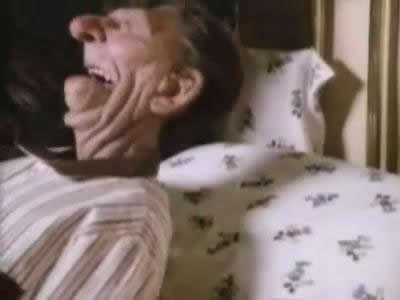Cold
Facts on the Cold War
Defenders of Reagan's militaristic policies
sometimes claim that Reagan brought about an end to the Cold War.
They say that by boosting U.S. military spending, Reagan forced the
Soviet Union to
do the same, pushing the
Russian economy into bankruptcy. However, the evidence speaks to the
contrary.
The Soviet economy
actually grew during the 1980's--the years of Reagan's military
buildup--although at a slow rate. It was not until 1989--after
the end of the Cold War and the beginning of Russia's economic
reforms--that the Russian economy began a ten-year recession.
(From 1989 to 1998, Russia's GNP declined by an unprecedented 42
percent.) The Cold
War's end was spurred by a succession crisis
within the Soviet political system itself. When Soviet leader Brezhnev died
in 1982, the Politburo chose the
68-year-old Andropov to succeed him. When Andropov died two years later, the
Politburo chose
the 72-year-old Chernenko to succeed Andropov. When Chernenko died a year later in 1985, the
Politburo finally selected a younger man, Gorbachev (54) who began the reform
movement in Russia.
Economic Data Source: Center for Strategic and International Studies (Russia
Eurasia Program)

Land of Confusion
The Ronald Reagan Years -
The Real Reagan Record
by Mark Tracy
|